In the novel “Catch-22” from which the eponymous 1970 movie was made we learn of a fictional bureaucratic means by which the U.S. Air Force was able to keep bomber pilots (who might be going crazy) from successfully requesting a release from flying missions based on a medical evaluation. The rationale behind this supposed “catch”… Read More
Machine Learning Neural Nets and the On-Chip Network
Machine learning (ML), and neural nets (NNs) as a subset of ML, are blossoming in all sorts of applications, not just in the cloud but now even more at the edge. We can now find them in our phones, in our cars, even in IoT applications. We have all seen applications for intelligent vision (e.g. pedestrian detection) and voice recognition… Read More
New Architectures for Automotive Intelligence
My first car was a used 1971 Volvo 142 and probably did not contain more than a handful of transistors. I used to joke that it could easily survive the EMP from a nuclear explosion. Now, of course, cars contain dozens or more processors, DSP’s and other chips containing millions of transistors. It’s widely expected that the number … Read More
What Car Will You Drive Tomorrow?
Today more than ever where you live may well determine what kind of car you drive. Federal governments and, lately, cities are stepping forward to determine what kinds of cars are available to consumers and how they will be built.
The latest such initiatives are efforts by the Trump Administration in the U.S. to explore lowering … Read More
MWC 2018: The Anonymous Car
European regulators are poised to once again shift European car makers to the back of the queue when it comes to realizing the value of connected cars. While the rest of the world is obsessively pursuing the creation of autonomous vehicles, the European Commission with the help of the GSMA is working toward the creation of the anonymous… Read More
Robust Reliability Verification – A Critical Addition To Baseline Checks
Design process retargeting is acommon recurrence based on scaling orBOM(Bill-Of-Material) cost improvement needs. This occursnot only with the availability of foundry process refresh to a more advanced node,but also to any new derivative process node tailored towards matching design complexity, power profile or reliability… Read More
Mentor Tessent MissionMode Provides Runtime DFT for Self-Correcting Automotive ICs
The automotive industry continues push the limits on how “smart” we can make our vehicles and from that, it follows as to how smart we can make the electronics in the vehicles. When I think of smart cars (and smart automotive ICs) I typically think of things like advanced driver-assistance systems (ADAS) that use AI and neural networks… Read More
Blackberry Reboot Nears Completion
Jalopnik’s report that car maker Fiat Chrysler Automobiles (FCA) had experienced a failed software update that had thrown the infotainment systems in some MY 2017-18 vehicles into a never-ending cycle of rebooting was a reminder that cars are indeed becoming smartphones on wheels. Blackberry CEO John Chen has no doubts… Read More
More Than Your Average IP Development Kit
When I think of an IP development kit, I imagine software plus a hardware model I can run on a prototyper or, closer to the kits offered by semi companies, software plus a board hosting an FPGA implementation of the IP along with DDR memory, flash and a variety of interfaces. These approaches work well for IP providers because hardware… Read More
Webinar: Multiphysics Reliability Signoff for Next-Generation Automotive Electronics Systems
In case you missed the TSMC event, ANSYS and TSMC are going to reprise a very important topic – signing-off reliability for ADAS and semi-autonomous /autonomous systems. This topic hasn’t had a lot of media attention amid the glamor and glitz of what might be possible in driverless cars. But it now seems like the cold light of real … Read More



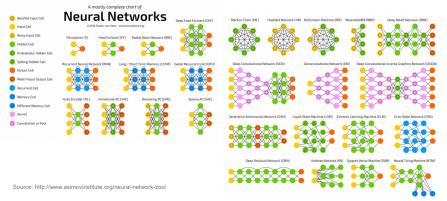
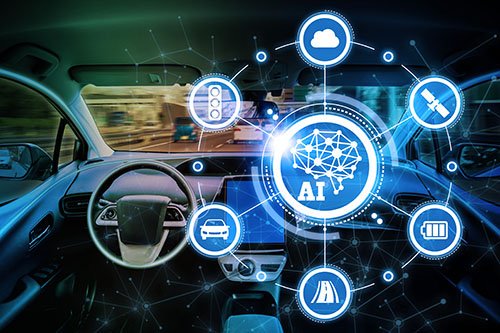

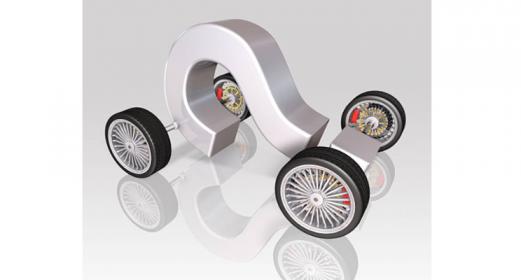
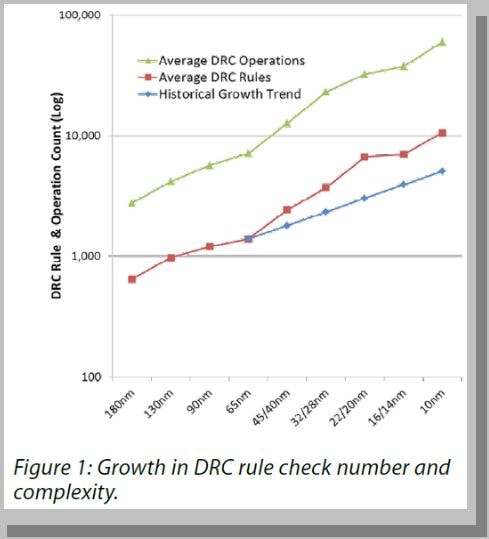
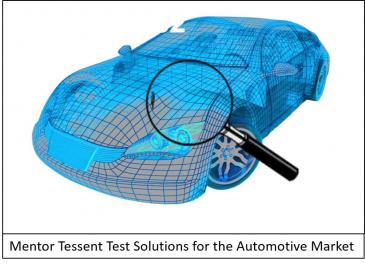
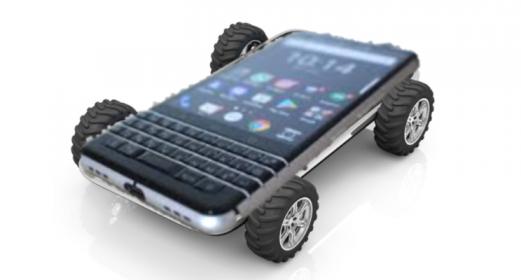
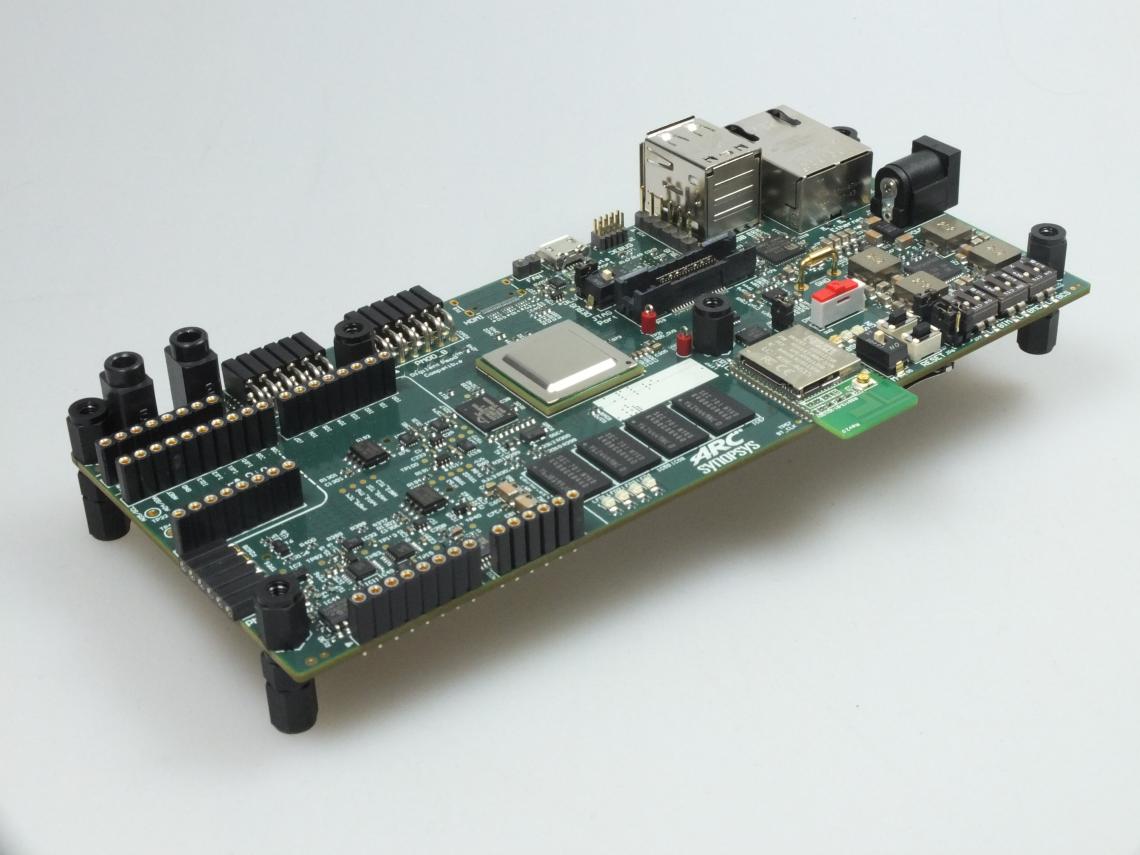
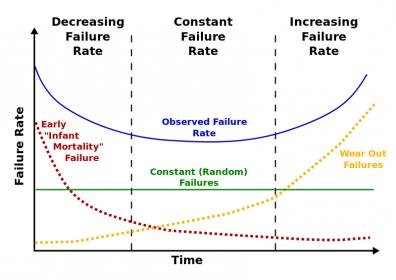
TSMC vs Intel Foundry vs Samsung Foundry 2026